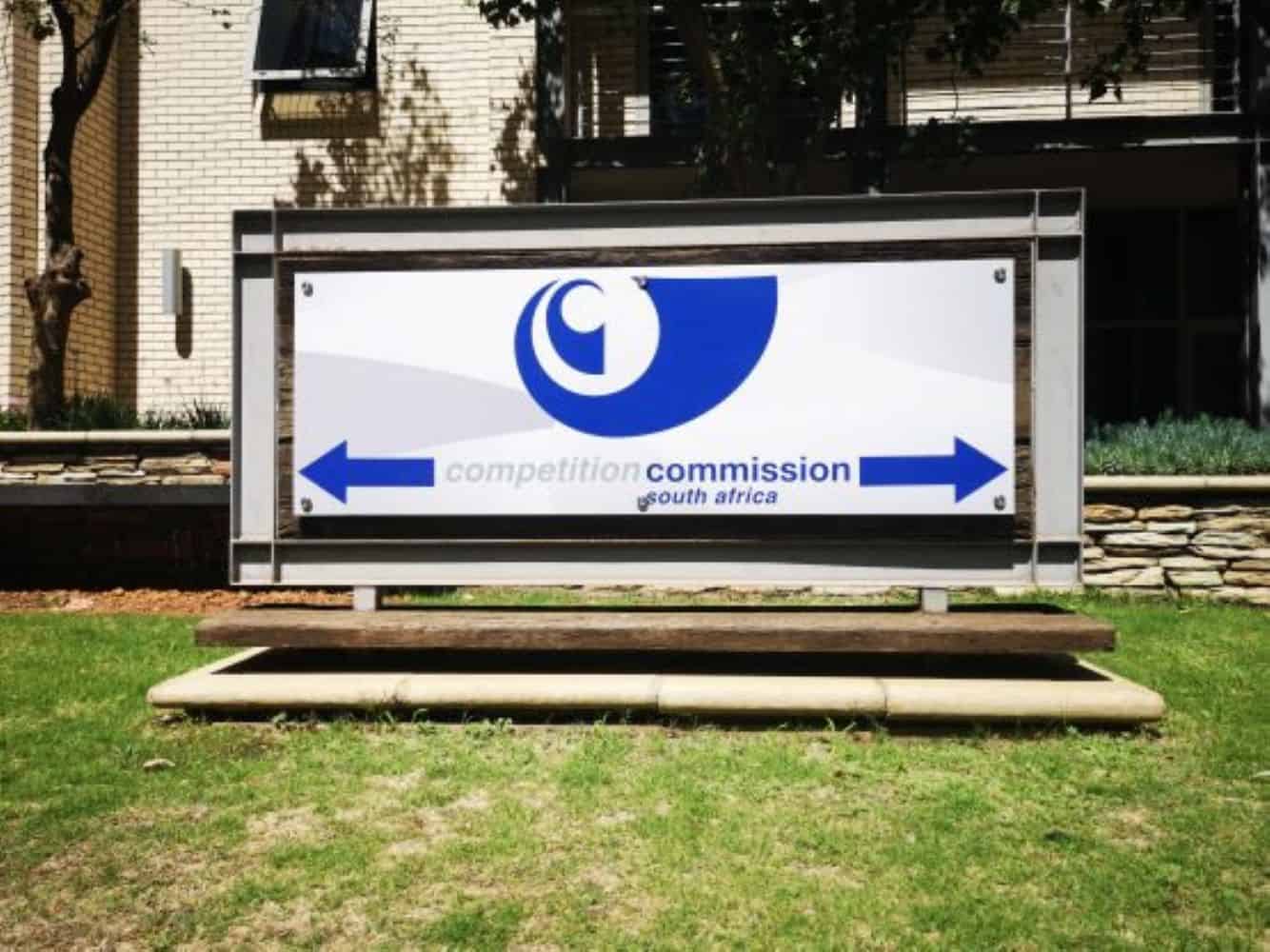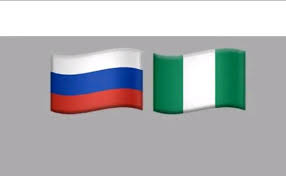
Cape Gate has had a rough time of it before the Competition Tribunal over the last month.
On Monday, it was found guilty of price-fixing over the purchase of scrap metal in SA. This relates to complaints dating back to the 2000s, with the Competition Commission (CompCom) stating that the conduct ended in 2008.
The Tribunal found that certain large buyers of scrap, including Cape Gate, had entered into an agreement to fix the purchase price of scrap metal. The other respondents in the case were ArcelorMittal South Africa (Amsa), Columbus Stainless, and Scaw.
ArcelorMittal and Columbus both admitted liability and concluded settlement agreements with the CompCom, which were later confirmed by the Tribunal. Scaw was granted corporate leniency.
Cape Gate, however, denied the allegations, but the Tribunal dismissed its defences. The penalties against the company will be determined in due course.
ALSO READ: Competition Commission launches inquiry into online shops
The case was referred to the Tribunal after the CompCom argued that the firms operated as a buyers’ cartel, working together to use the same pricing formula and premium when buying scrap metal from scrap merchants.
“The commission contended that collective negotiations by competitors to directly or indirectly agree on a purchase price for scrap, in contrast to individual and independent negotiations between each of them and each of the scrap merchants, are prohibited by the [Competition] Act,” the Tribunal said in a statement.
Further proceedings regarding remedies will be determined in due course.
Last month, Cape Gate was at the receiving end of another adverse ruling when the Tribunal dismissed an application by the company and Scaw SA for interim relief against Amsa.
The two companies had complained that Amsa engaged in predatory pricing after receiving a financial bailout from government, following its announcement of price cuts on certain long steel products.
ALSO READ: Competition Commission investigates poultry industry over possible market abuses
These price cuts are alleged to have occurred at a time when the rest of the industry was increasing prices due to a shortage of scrap metal.
Amsa opposed the application, arguing that Cape Gate and Scaw had failed to: establish a prima facie case of predatory pricing or exclusionary conduct; demonstrate that interim relief was needed to prevent serious or irreparable damage to them; show that the balance of convenience favoured the granting of such relief; and that it would be in the interests of justice to grant interim relief.
Scrap metal producers have long complained of government meddling in the metals business by way of the price preference system [PPS] that obligates dealers to first offer their scrap to local buyers like Cape Gate and Scaw at a 30% discount to international prices.
The state-owned Industrial Development Corporation has invested in so-called mini mills to the tune of R14 billion, which use recycled scrap metal, prompting complaints that government is acting as both player and referee in setting steel policies.
ALSO READ: Competition Commission’s report shows shocking price increases in SA over past five years
17 years later
When asked why it had taken 17 years for the ruling to come out, the Tribunal responded to Moneyweb that the CompCom had originally referred the matter to the Tribunal in August 2013.
“By the time the matter was referred, the conduct had already ceased for a number of years and was a historic matter. Any harm to competition in the market was no longer continuing,” said the Tribunal in a written response.
“ArcelorMittal and Columbus subsequently both admitted liability and concluded settlement agreements with the commission, which were confirmed by the Tribunal in November 2016 and December 2014, respectively.”
Scaw was granted corporate leniency after agreeing to cooperate with the investigation.
This was followed by pre-trial proceedings, including pre-hearings and the hearing of interlocutory applications before the Tribunal, and the matter was only ripe for hearing in 2018.
The main matter was heard between July 2018 and June 2019. Draft reasons were prepared after the hearing, but delays occurred after panel chair Enver Daniels and Tribunal member Medi Mokuena reached the end of their terms in 2022 and 2019, respectively.
“During that time, the panel was informed by the parties that they were in settlement discussions, and the finalisation of the reasons was put on hold. For some time, the panel laboured under the belief that the parties were engaged in settlement discussions and might have settled the matter.
“The commission and Cape Gate, however, were unsuccessful in their post-hearing settlement negotiations and subsequently requested reasons,” says the Tribunal.
ALSO READ: SA’s competition policy good, bad and ugly?
Cape Gate responds
Cape Gate chair Oren Kaplan sent the following statement subsequent to publication of this article:
“Cape Gate is extremely disappointed in the finding. The matter was argued in mid-2019 and the Tribunal took more than six years to produce a decision.
“The Tribunal failed to take any cognisance of the fact that the pricing formula in issue was the outcome of transparent negotiations between the scrap buyers and the scrap merchants. It was not imposed by the scrap buyers, including Cape Gate.
“Both the [dtic] and the Competition Commission were fully aware of these negotiations and the pricing formula, which was aimed at keeping scrap within South Africa for the benefit of the country’s steel consumers.
“Cape Gate has always vehemently denied that this can be characterised as collusive cartel conduct. It has already filed an appeal against the decision in the Competition Appeal Court.”
This article was republished from Moneyweb. Read the original here.



